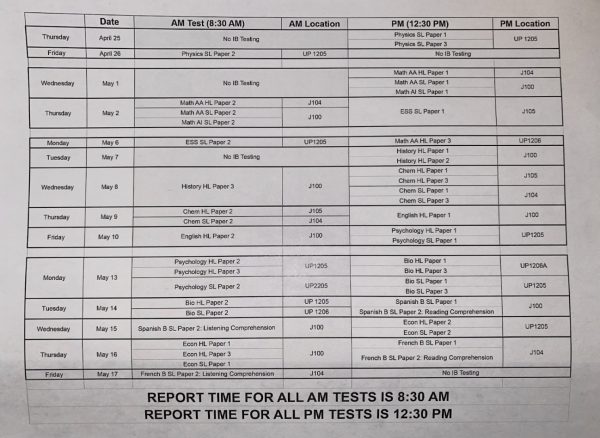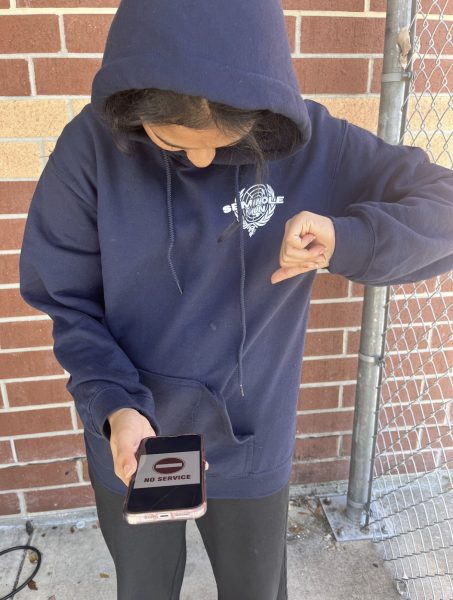RACE TO DEVELOP EBOLA VACCINE ACCELERATES
January 27, 2015
With new advancements, a vaccine for the deadly Ebola virus becomes a real possibility.
Photo By: Whitten Bumbalough, Photographer
By: Katherine Lachcik, Reporter
The pressure to develop a reliable vaccination to combat the deadly ebola virus in West Africa has increased. Over 8,000 people have died from the virus—health workers and regular citizens of West African countries alike. There have been some notable cases of recovery over the past few months, but all were treated in wealthy, top-of-the-line hospitals with a variety of complex medications.
However, there has recently been an acceleration in the number of potential ebola vaccines being developed by several health institutions and companies. From nonprofit organizations such as Doctors Without Borders to leading health institutions such as GlaxoSmithKline, a British multinational pharmaceutical/health company, and the U.S. National Institutes of Health, efforts have greatly increased to create a vaccine that can hopefully slow the spread of ebola in the future.
Freshman Precious Ukachukwu says, “I feel happy that doctors are helping people—it will be very successful if people are not greedy with [the vaccine].”
Vaccines that are currently being developed are designed to fight the strand of ebola currently plaguing West Africa. This particular strand of ebola did not originate from the related Zaire ebola virus, which originated in the Democratic Republic of the Congo, but instead was the emergence of an entirely new strand. These circumstances, along with the deadly speed the virus has recently been spreading, have risen the pressure to create a safe, reliable vaccine as soon as possible.
Sophomore Mallika Dave says, “I’m not sure how effective the vaccine would be because there hasn’t been much time for doctors to come up with a vaccine. If they had had more time, it would be more effective.”
Despite the increased pressure, there is still hope and resilience in health workers and civilians. Human trials for certain vaccines have begun, and the results have been mostly positive. However, it will still be months until the vaccines can be used extensively in the areas most affected by ebola.
Freshman Sahil Kapadia says, “The vaccine will probably be able to cure [ebola] because of new modern technology. I think it’ll be like the swine flu—it’ll be pretty major, but then it’ll be a thing of the past.”
This vaccine is the hope for several people—that ebola will eventually be eradicated in West Africa. With human and animal trials taking place, further advancements in pharmaceuticals and technology, and the multitude of health companies developing a safe vaccine, some people feel optimistic that ebola will ultimately be subdued and controlled.



































